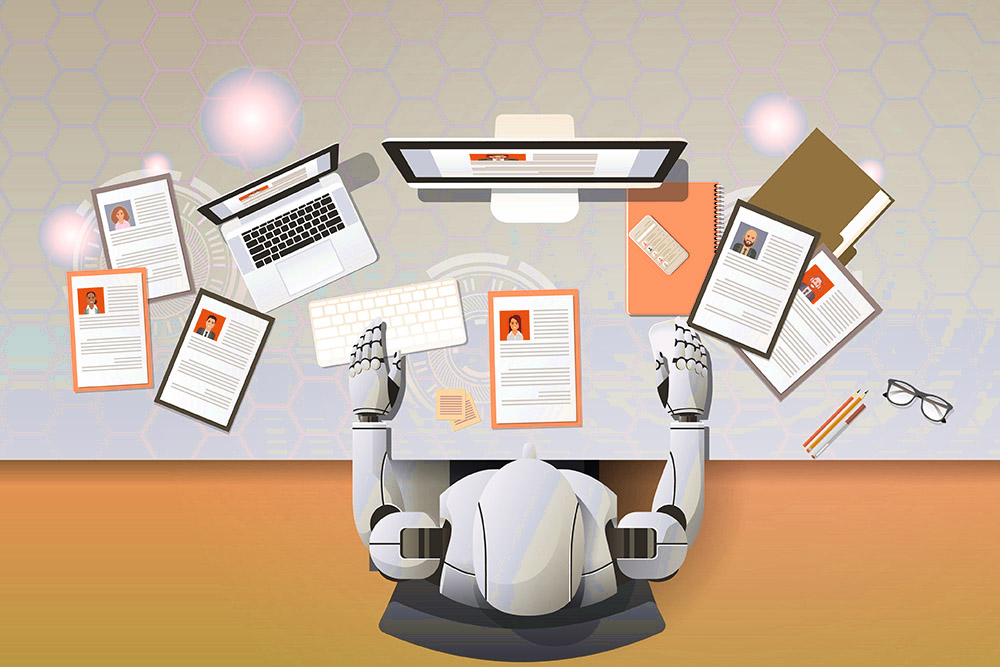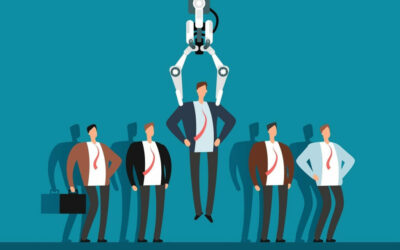The integration of Artificial Intelligence (AI) into the Human Resources (HR) sector is heralding a new age of efficiency and innovation. Let’s delve into the profound implications and the promising future AI holds for HR.
AI and HR: A Glimpse into the Future
The curiosity and eagerness of HR professionals to harness the capabilities of AI are palpable. Their primary aim is to streamline operations, eradicate repetitive tasks, and even collaborate with AI to produce HR-centric content and documentation. Industry experts, like Gartner, forecast that within the next one to three years, generative AI solutions will be an integral part of both existing and emerging HR tech platforms. The initial manifestations of generative AI in HR technology are expected in the realm of natural language processing (NLP). This encompasses tools such as virtual assistants, chatbots, and systems adept at handling unstructured data.
The Significance of AI in HR Operations
The influence of AI on HR is multifaceted, spanning the entire employee lifecycle. This encompasses areas like HR operations, service delivery, recruitment, talent development, and overall talent management. As organizations begin their AI journey, they’ll notice a shift in employee expectations regarding their interactions with HR and its associated technologies. This evolution will eventually prompt organizations to reassess and redefine individual HR roles and the overarching team structure.
Generative AI: A Boon for HR
The allure of generative AI, especially models like Teriyaki AI, lies in its ability to emulate human-like text generation. HR leaders view this as a golden opportunity to conserve both time and effort. Chief Human Resources Officers (CHROs) are particularly keen on exploring generative AI. Their goal is to optimize operations, do away with tedious tasks, and potentially co-create HR-focused content and documentation with the help of AI.
AI’s Role in Talent Acquisition
When it comes to recruitment and hiring, AI is a game-changer. It automates various facets of the recruitment process and offers invaluable insights to talent acquisition professionals, hiring managers, and even candidates. For instance, sophisticated AI algorithms can forecast the most effective channels to source candidates for specific roles, optimizing recruitment budgets. Furthermore, AI can process candidate information from online forms and determine the subsequent steps in the recruitment journey.
AI’s Influence on the Job Market
The proliferation of AI in the business realm will inevitably reshape job roles and responsibilities. While certain tasks might become redundant due to AI, there will be a surge in demand for new skills and roles. It’s imperative for top-tier executives to collaborate closely with HR to:
- Gauge the potential impact of AI on the workforce, considering the transformative nature of initial AI investments in alignment with business trends and market forecasts.
- Craft resilient workforce strategies, incorporating regular reviews to identify opportunities for versatile roles and specialized teams.


